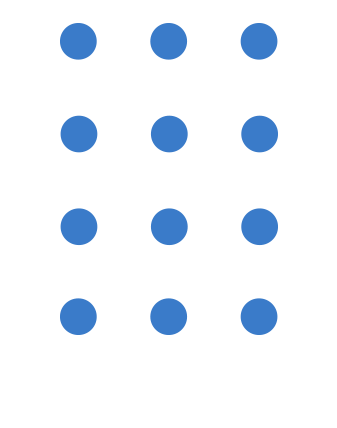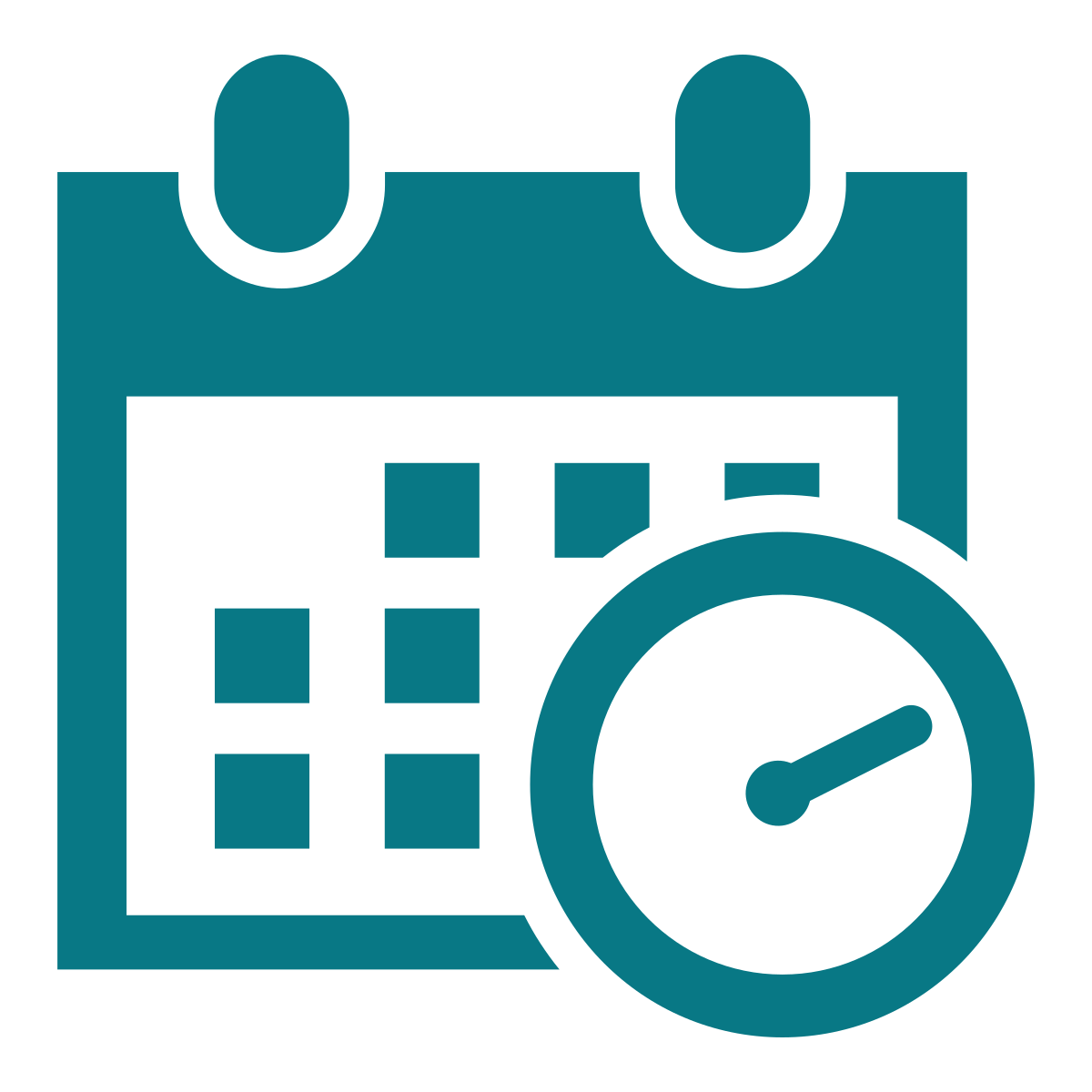 COVID-19 Vaccine
COVID-19 Vaccine 
 COVID-19 Vaccine
COVID-19 Vaccine 
Now Available: Additional Dose of the Updated COVID-19 Vaccine for Adults 65+
CLICK HERE TO FIND A VACCINE LOCATION NEAR YOU
For assistance or to request free transportation or in-home vaccination call 1-833-540-0473 . The Public Health Call Center is open from 8:00am to 8:00pm 7 days a week.

Vaccination Records
Instructions on how to access your digital COVID-19 vaccine record.
Newsletter Signup: Receive updates about

